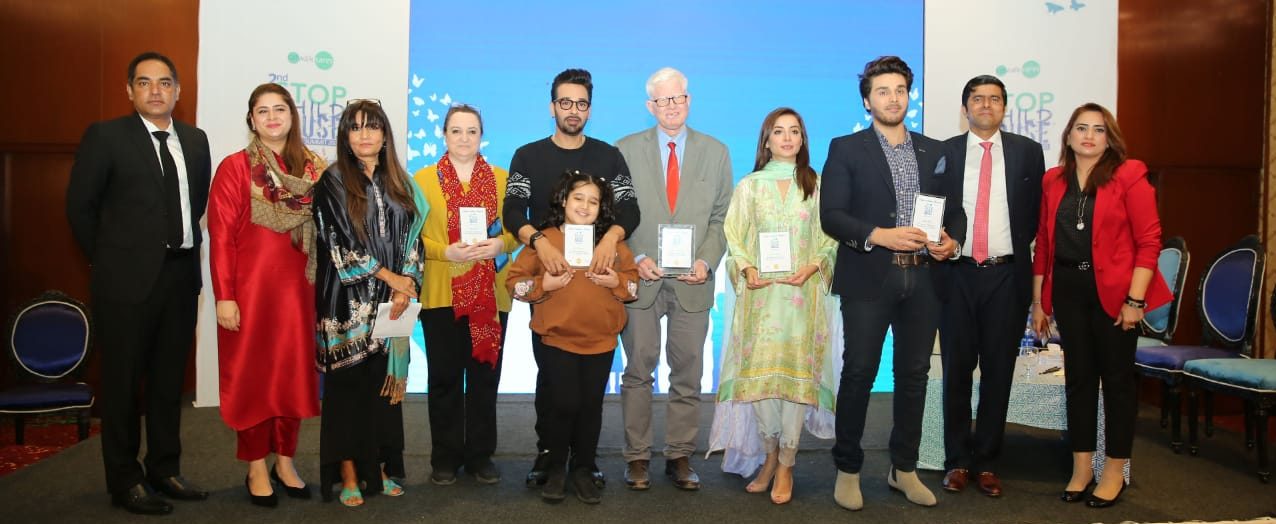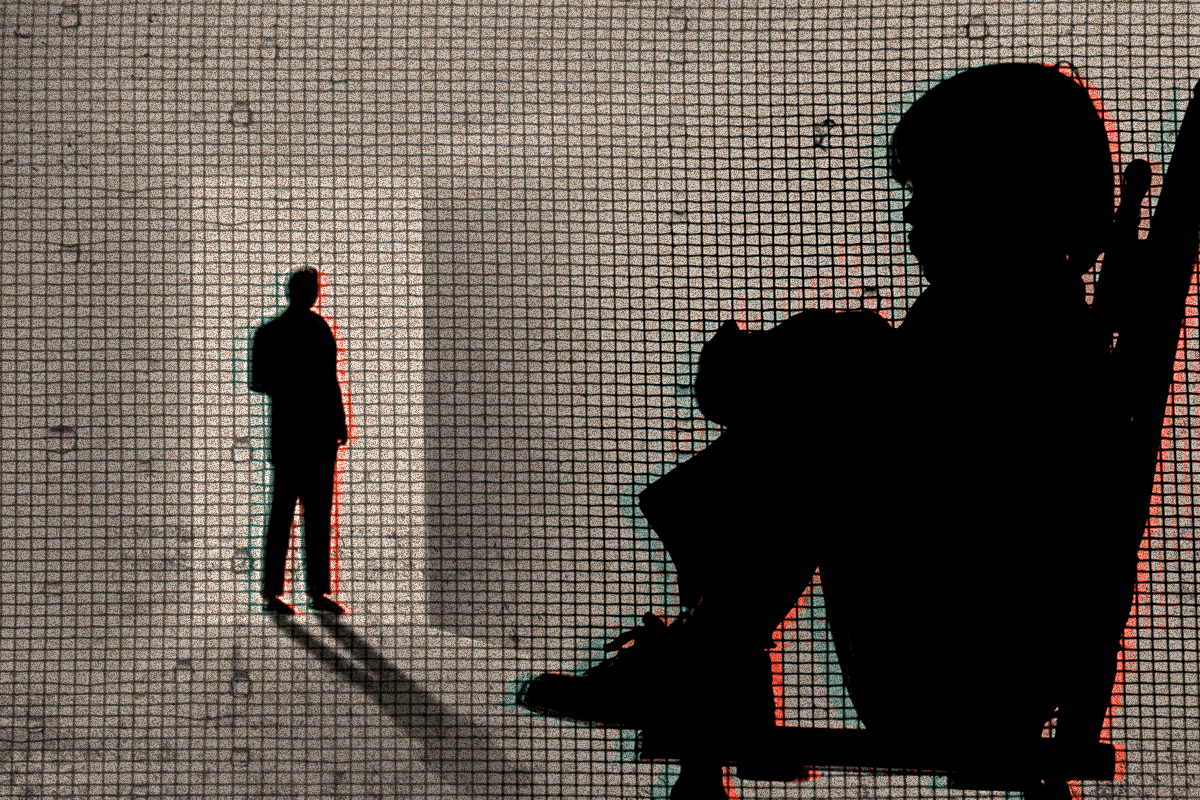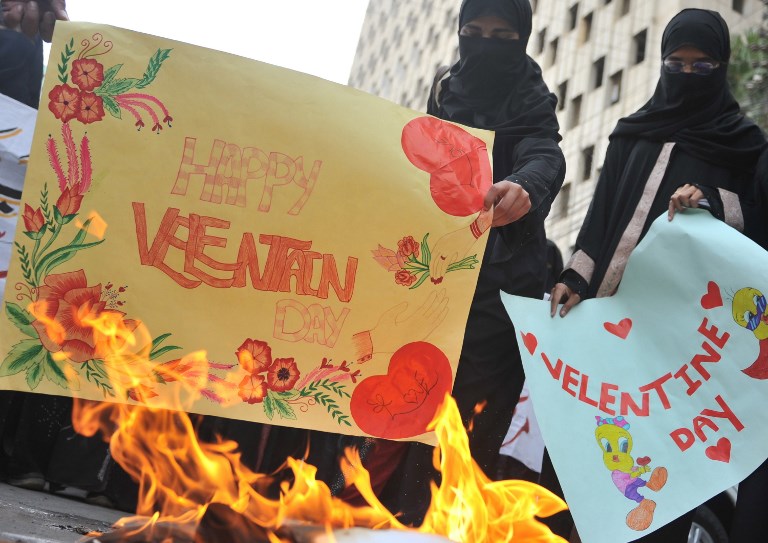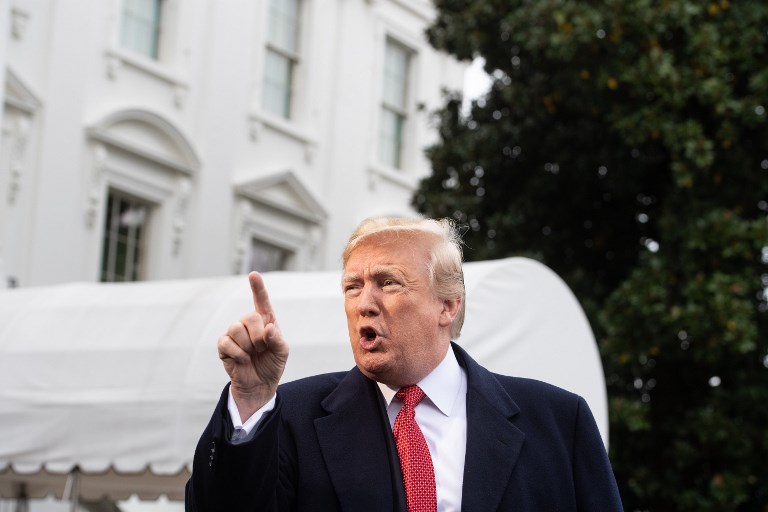KARACHI: One thing we have witnessed with the advent of social media is that it gets people talking. We can’t deny the power of speaking up and getting oneself heard through social media. One strong case in point is the #MeToo movement that gave more women the courage to come to the fore. Following the lead, PR maverick Frieha Altaf initiated a local campaign, called ‘Mein Bhi’ in November 2018. This paved way for the 1st Stop Child Abuse conference in August last year, followed by the second edition last weekend. It highlighted the role of media in creating awareness around child protection and playing a part in eradicating this evil.
View this post on Instagram
The 2nd Stop Stop Child Abuse Solution Summit took place at Avari Towers last weekend. It had prominent media personalities and higher-ups from NGOs and various organizations in attendance, who have been somehow associated with the cause. Starting with insightful statistical analysis and measures taken by Search for Justice, Child Protection Welfare Bureau and Sahil, the conference veered towards panel discussions.
View this post on Instagram
The first panel comprised Shafaat Ali, Shaniera Akram, Adnan Malik and George Fulton, with Sidra Iqbal as the moderator. It talked about our societal mindset – how do we as a society approach child abuse. Panelists spoke about creating a safe space for children to speak up on the matter if he or she goes through it, God forbid. The only problem with the panel was, it lacked input/insight from someone who has been working for child rights protection or something within the domain. Or say, a medical professional who could add the perspective on how abuse affects a child’s mental health, for instance, or how best to speak to a child who has survived a traumatic experience.
When asked to shed light on it, Frieha Altaf responded, “Encouraging celebrities to become a spokesperson or an activist is strong with me. I don’t think anyone becomes an opportunist when it comes to children. Everyone feels strongly about it. At the end of the day, if it helps the cause, that’s what matters.”
Adnan Malik, Shehzad Roy and others stand against child abuse
Nevertheless, the second panel discussed the role of media in creating awareness around child protection and bringing it to notice of the larger public. With panelists Sarwat Gilani, Faysal Qureshi, Ahsan Khan and Frieha Altaf, the session was moderated by Fifi Haroon.
When asked if its media’s responsibility to highlight social ills, Sarwat agreed that it is a big responsibility on media to talk about the issue of child abuse in all the language spoken in Pakistan. “People raised eyebrows on issues we raised in Churails. Till when we are going to brush these issues aside? It is very important to have these conversations in households as well as in the media. They are considered a shame and a threat to dignity,” she shared.
View this post on Instagram
Almost everyone on the panel agreed that social media gives voice and accessibility when it comes to social causes. However, Faysal Qureshi was of the view that one has to take actions beyond social media. He brought his daughter Aayat in the conference and everyone appreciated it. Faysal, who played a pedophile in drama serial Haiwan, reminded attendees of drama serial Roag that highlighted a similar issue.
View this post on Instagram
“Initiatives like these are essential to bring about change,” he asserted. “We have been to protests to raise our voices against such heinous acts and will continue to do so. TV is a reflection of society; we just dramatize to bring it to viewers’ attention.”
Faysal went on to inform that he was also offered Udaari but he refused to play it. Meanwhile, fellow panelist Ahsan Khan, who effortlessly essayed child molester Paa Imtiaz in Udaari, revealed that he was offered Haiwan too. “Television is a bigger medium than film in Pakistan and we should use it in the best interest of people,” Ahsan pointed out. Udaari gave me a purpose. I was scared to do it but it was for a cause and I’m glad it worked so well. We can highlight the issues within the cultural and moral limits, it is not just about us but audiences’ sentiments too. We can’t show everything on TV or sensationalize it.”
View this post on Instagram
Also on the panel, Frieha Altaf pointed out that digging into the lives of harassers, abusers and rapists is important too. “We can make dramas throwing light on their life stories too. In Zainab Ansari’s case, the culprit Imran shared that he was a victim of child abuse and became a monster himself.”
To this, Sarwat Gilani added that it is a myth that only bad people indulge in such acts. “I’ve seen very sound people doing these things too,” she noted.
Celebrities receive backlash while protesting against rape. What happened?
Speaking to Cutacut on the sidelines of the event, Frieha shared, “We have access to media and it’s more about speaking up on a taboo subject. Until you share your own account, people do not relate to it. It’s an ongoing process. I’ve realized that creating awareness is not enough; it is also about what’s next. This is what the 2nd edition of the conference is about. It’s a development that more cases have started to get reported and news snippets now make it to front pages of publications.”
She furthered, “The social change that I see now is coming from social media; it is a different generation. As I speak to professionals associated with the cause, they say that system reforms go back to the roots. It has to come from there so it will perhaps take a generation for us to see that change. What we have to do is keep moving.
Adding her bit, Fifi Haroon, who also moderated one of the panels, observed, “Nobody was born an expert in what is being done today. Especially, in Pakistan, this is a movement that has started recently. The more we discuss it, the more we learn, what is to be done next. It is a growing field and a learning curve right now. Everybody should step in and not hold back. Instead of making select groups and NGOs, etc., this is broadening the space for conversations and also extending the conversation on digital. People can then pick out what they feel is important to them.”

 Photo: Catwalk Cares
Photo: Catwalk Cares











